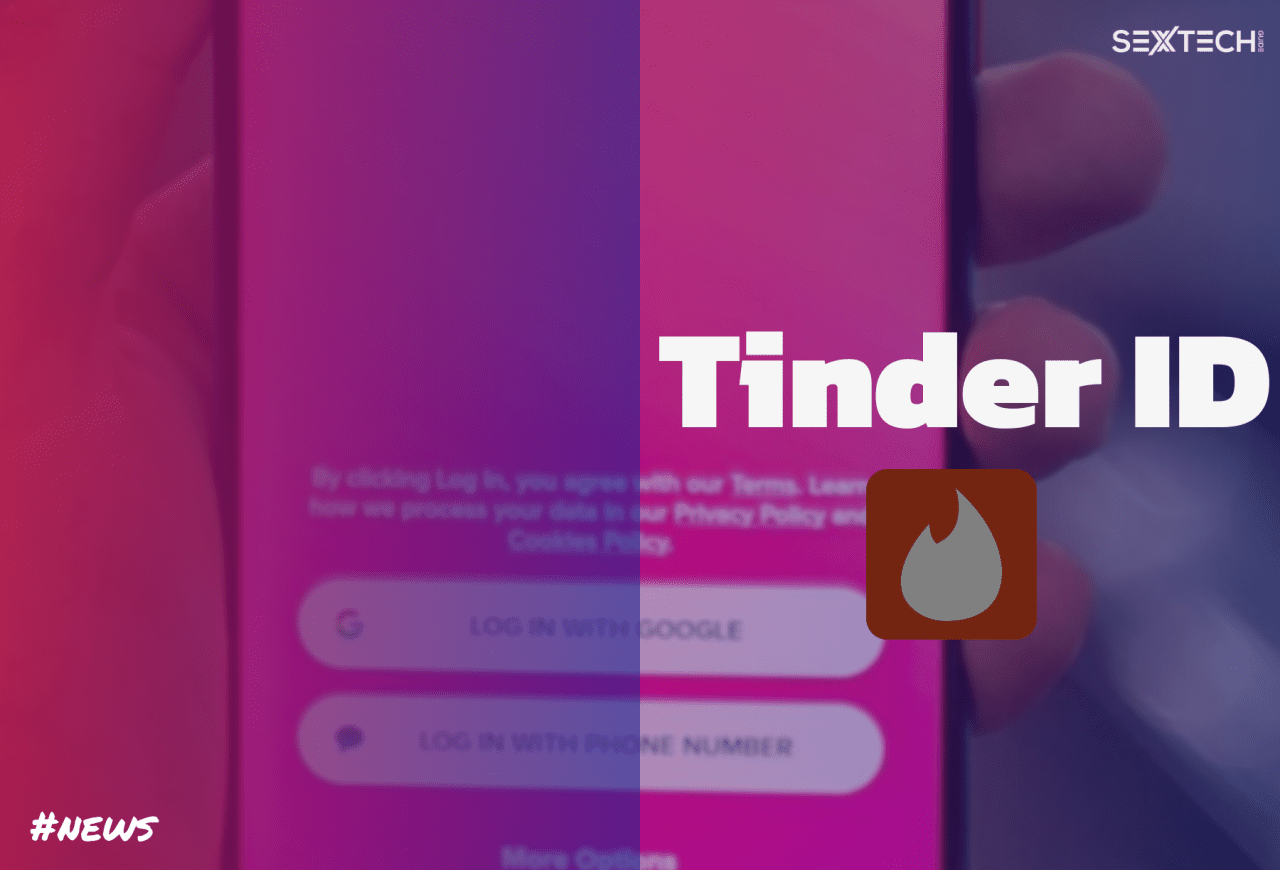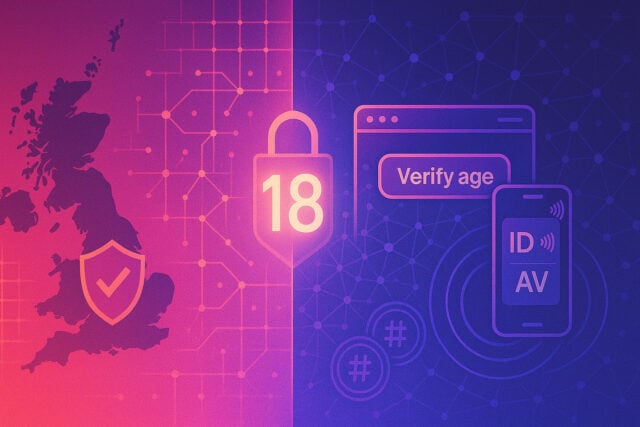Tinder is set to roll out an identification (ID) verification function globally, with the company saying it aims to get “as many people as possible” verified on the dating app, to “make members feel safe”.
The move, which Tinder says will take place “in the coming quarters”, follows the dating app’s introduction of photo verification. Like photo verification, ID verification is set to be voluntary in countries that do not require it by law. ID verification has been compulsory on the app in Japan since 2019.
Tinder is yet to announce which documents will be required for verification in each country, saying it would take a “test-and-learn approach” to the rollout.
“We know one of the most valuable things Tinder can do to make members feel safe is to give them more confidence that their matches are authentic and more control over who they interact with,” says Rory Kozoll, Tinder’s head of trust and safety product.
“We hope all our members worldwide will see the benefits of interacting with people who have gone through our ID verification process. We look forward to a day when as many people as possible are verified on Tinder,” he added.
A successful ID verification system should theoretically help cut down the amount of fake Tinder profiles set up for scamming, or to facilitate meet-ups under false pretences.
However, it is likely to raise concerns about privacy, plus the safety of Tinder users living in countries run by authoritarian regimes. In countries such as these, revealing real-life identification online can be risky for people, including government critics and whistle-blowers.
“We look forward to a day when as many people as possible are verified on Tinder”
Rory Kozoll, Tinder head of trust and safety product
The issue of inequality is also raised by the ID move. People without government-approved ID documents, and those living in areas where documentation can be harder to access, could potentially find themselves unable to become verified on the app.
Tinder said the ID rollout would be “equitable, inclusive and privacy-friendly”.
“We know that in many parts of the world and within traditionally marginalized communities, people might have compelling reasons that they can’t or don’t want to share their real-world identity with an online platform,” says Tracey Breeden, Vice President of safety and social advocacy at Match Group, which owns Tinder.
Tinder did not reveal specifics about how this potential problem would be tackled.
“Creating a truly equitable solution for ID verification is a challenging, but critical safety project and we are looking to our communities as well as experts to help inform our approach,” Breedan added.
Read next: Apple responds to concerns that automated photo scanner is ‘spyware’ in disguise






Leave a Reply